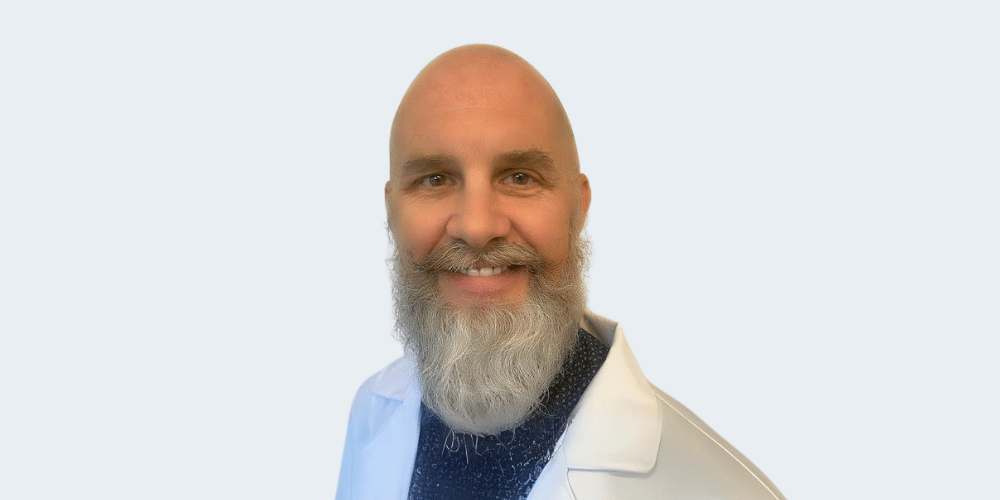Hernias happen when an internal organ or other body part protrudes through muscle or tissue. The abdomen is covered in layers of muscle and fascia tissue, which protect the internal organs.
There are different types of hernias:
Inguinal hernias
In an inguinal hernia, tissue protrudes into a part of the groin called the inguinal canal. An inguinal hernia can occur at either of two passages through the lower abdominal wall, one on each side of the groin.
Femoral hernias
In femoral hernias, fatty tissue or part of the intestine protrudes into the groin. These hernias are less common than inguinal hernias. They primarily affect older women.
Hiatal hernias
In hiatal hernias, part of the stomach protrudes into the chest cavity through an opening in the diaphragm.
Umbilical hernias
In umbilical hernias, fatty tissue or part of the intestine protrudes through the abdominal cavity near the belly button.







